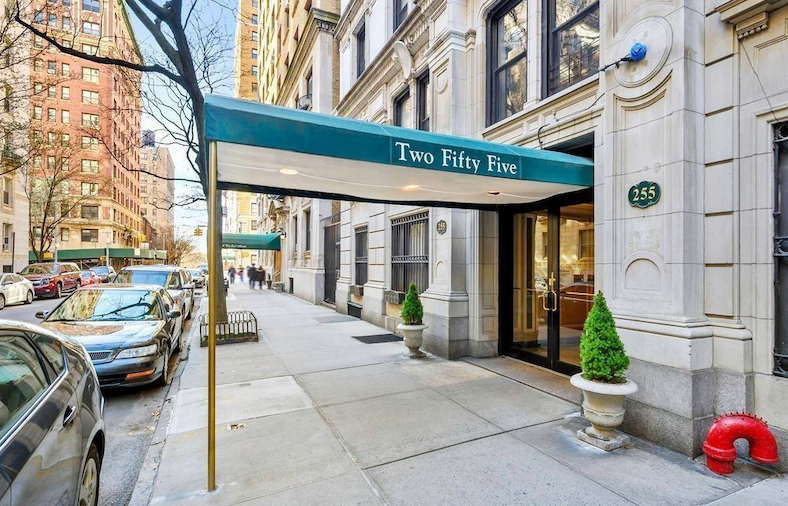
Question: I’ve owned a studio apartment in a small co-op for five years. The board has decided that all owners should ante up to pay off the mortgage, which balloons in a couple years. I realize that paying off the mortgage will lower the maintenance costs in the long run, but in the near term, I am going to have to borrow about $40,000 in order to remain in my apartment. I am suggesting that a new mortgage could be negotiated at a much lower rate, but am not optimistic that my suggestion will get much of a hearing. Other than selling, is there a solution that comes to mind?
— Stuck in Chelsea
Dear Stuck:
You’re right. You and your fellow owners could probably do well refinancing the building rather than paying off the mortgage, as homeowners do all the time. Unfortunately, however, most co-ops, unlike homeowners, are locked into limited-term loans that include a nasty bit of work called a “yield maintenance penalty.”
This type of prepayment penalty means that if your building pays off the underlying mortgage early, the building must pay the lender all of the interest due.
Let’s say your building carries a 6 percent interest-only, $2 million, 10-year loan that costs you and your neighbors $120,000 a year. If you want to refinance in the eighth year because interest rates are only about 4.5 percent, you will have to pay the original lender not only the $2 million principal, but the additional two years of interest, a not-insignificant $240,000 in this case. In other words, the building would end up borrowing more money to pay off the old note and then, quite likely, will have to do it all over again in 10 years.
Your board’s decision has a kind of old-school, “bite-the-bullet” soundness to it. The board is, in effect, passing the building’s collective indebtedness to the individual shareholders. Think of that as you just assuming the $40,000 of the building’s debt that you are already paying back anyway (or at least the interest on it). Now, instead of the onerous terms of the commercial loan, you can refinance your portion of the building’s debt under far more agreeable residential mortgage terms.
Not that any of that addresses your more immediate cash-flow problem. What can you do? Unless there’s a compelling reason to collect the new assessments right away, the board could assess everyone now but postpone collecting until just a few months before the balloon payment is due — giving shareholders facing hardships plenty of time to get their finances in order or, for some, to sell their apartments. (For the latter, the board should implement some mechanism for recouping the assessment at the time of a sale.) Then, just as they pay off the existing loan, the board can significantly cut the monthly maintenance fee, thus offsetting the new, higher individual mortgage payments.
Finally, think of it this way: If you borrow the $40,000, you’re looking at an increase of under $200 in your monthly mortgage payments, and you can expect about that much of a reduction in your maintenance. Then, imagine when you finally do sell your place. The ultra-low maintenance will be a draw to potential buyers.
David Crook is a veteran journalist and author of The Complete Wall Street Journal Real-Estate Investing and Homeowner’s Guidebooks. Do you have a question about anything real estate-related in NYC? Write him at askus@streeteasy.com. For verification purposes, please include your name and a phone number; neither will be published. Note: Nothing in this column should be considered professional legal advice. If you have a legal issue, consult an attorney.
—
Hey, why not like StreetEasy on Facebook and follow @streeteasy on Instagram?
Related:








